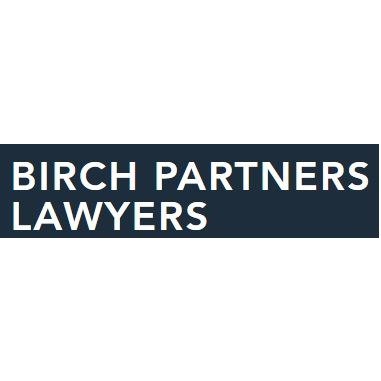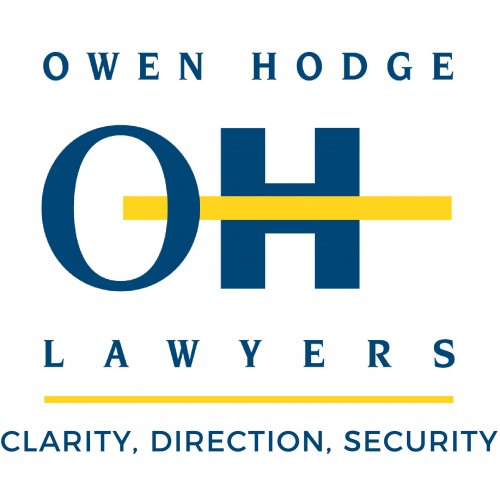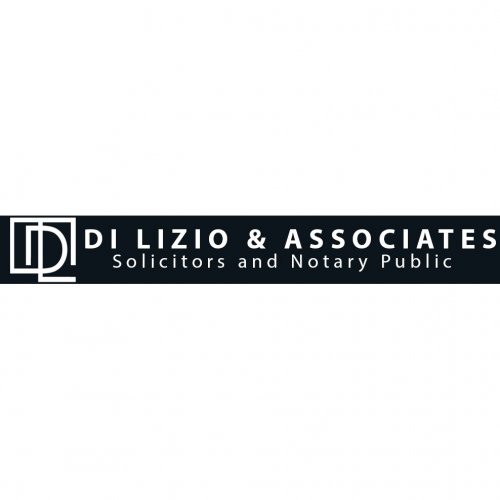Best Landlord & Tenant Lawyers in Hurstville
Share your needs with us, get contacted by law firms.
Free. Takes 2 min.
Free Guide to Hiring a Real Estate Lawyer
List of the best lawyers in Hurstville, Australia
About Landlord & Tenant Law in Hurstville, Australia
Landlord and tenant laws in Hurstville, like other parts of New South Wales (NSW), Australia, are governed by the Residential Tenancies Act 2010. This legislation outlines rights and responsibilities for both landlords and tenants. In Hurstville, a suburb of Sydney known for its diverse community and bustling real estate market, it's important for both parties to understand their legal standing to ensure smooth rental transactions and dispute resolution.
Why You May Need a Lawyer
While many landlord and tenant arrangements proceed without issue, there are several scenarios where legal assistance may be beneficial. Some common situations include:
- Disputes over bond money at the end of a lease.
- Disagreements regarding maintenance and repairs.
- Eviction proceedings initiated by a landlord.
- Lease agreement misunderstandings or breaches.
- Negotiating terms or renewal of a rental agreement.
- Legal advice regarding tenant rights and landlord obligations.
Local Laws Overview
The Residential Tenancies Act 2010 is the primary legislative framework for landlord and tenant relationships in Hurstville. Key aspects include:
- Tenancy agreements must be in written form and provide clear terms and conditions.
- The bond amount is typically equivalent to four weeks' rent and must be lodged with the NSW Rental Bond Board.
- Tenants have the right to reasonable enjoyment of the property, while landlords have the right to inspect the property with proper notice.
- Both parties have responsibilities for maintaining the property in a reasonable state of repair.
- Notice of termination of tenancy must comply with specified timelines as detailed in the legislation.
- Landlord access to property requires appropriate notice, typically 7 days for inspection purposes.
Frequently Asked Questions
What rights do I have as a tenant in Hurstville?
As a tenant, you have the right to live in a safe and well-maintained property, the right to privacy, and the right to know about any changes in the terms of your lease.
How can I resolve a dispute with my landlord?
It's often best to attempt direct communication with your landlord. If unsuccessful, mediation services or the New South Wales Civil and Administrative Tribunal (NCAT) may be engaged.
Is my landlord allowed to increase the rent?
Yes, but they must provide at least 60 days' written notice. Rent increases must align with current market conditions and your lease agreement.
Can a landlord enter the property without permission?
Landlords must provide appropriate notice before entering, except in emergencies. For inspections, a minimum of 7 days' notice is required.
What happens if I need to break my lease early?
You may be liable for compensation to the landlord. Subletting, transferring the lease, or negotiating an early termination agreement may be options.
Can I refuse a rental increase?
If you believe a rental increase is unjust, you can negotiate with your landlord or apply to the NCAT for a review.
What is a condition report?
A condition report documents the state of the property at the start and end of the tenancy. It protects both parties in determining bond disputes.
How much notice do I need to give before vacating?
If ending a fixed-term agreement, at least 14 days' notice is typically required. For periodic leases, generally, 21 days are necessary.
What should I do if repairs are not addressed?
First, notify the landlord in writing. If unresolved, apply for orders through the NCAT or contact Fair Trading NSW for assistance.
Can I make changes to the property?
Tenants must seek written approval from the landlord before making alterations, even minor ones, to avoid breaching their lease agreement.
Additional Resources
For more information or assistance with landlord and tenant issues, consider the following resources:
- Fair Trading New South Wales, for rights and obligations guidance.
- The NSW Civil and Administrative Tribunal (NCAT), for dispute resolution.
- Tenants' Union of NSW, for additional tenant support and advocacy.
- NSW Rental Bond Board, for bond-related inquiries and issues.
Next Steps
If you require legal assistance in landlord and tenant matters, start by gathering all relevant documentation, such as your tenancy agreement, any correspondence with your landlord or tenant, and any evidence of disputes. Seek professional legal advice from a solicitor who specializes in tenancy law in Hurstville.
Contact local legal aid services or community legal centres for guidance and support. For serious disputes, you may need to initiate proceedings with the NSW Civil and Administrative Tribunal (NCAT) for formal resolution.
Lawzana helps you find the best lawyers and law firms in Hurstville through a curated and pre-screened list of qualified legal professionals. Our platform offers rankings and detailed profiles of attorneys and law firms, allowing you to compare based on practice areas, including Landlord & Tenant, experience, and client feedback.
Each profile includes a description of the firm's areas of practice, client reviews, team members and partners, year of establishment, spoken languages, office locations, contact information, social media presence, and any published articles or resources. Most firms on our platform speak English and are experienced in both local and international legal matters.
Get a quote from top-rated law firms in Hurstville, Australia — quickly, securely, and without unnecessary hassle.
Disclaimer:
The information provided on this page is for general informational purposes only and does not constitute legal advice. While we strive to ensure the accuracy and relevance of the content, legal information may change over time, and interpretations of the law can vary. You should always consult with a qualified legal professional for advice specific to your situation.
We disclaim all liability for actions taken or not taken based on the content of this page. If you believe any information is incorrect or outdated, please contact us, and we will review and update it where appropriate.










